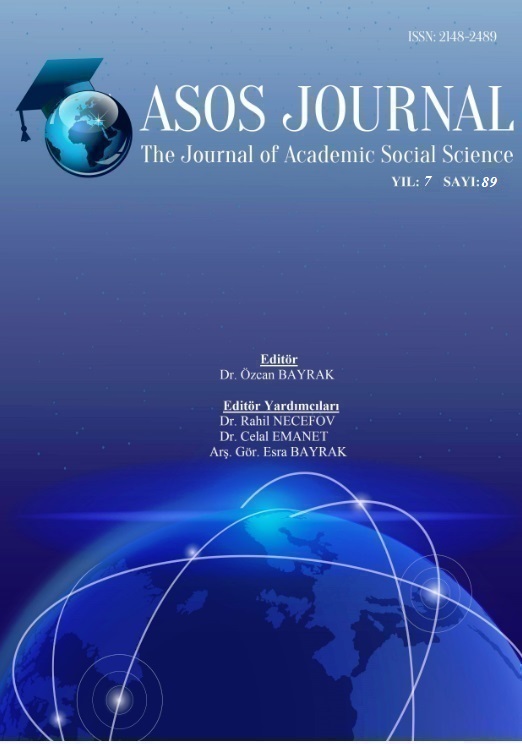Author :
Abstract
Teknolojinin gelişmesine koşut olarak kâğıt medeniyetleri yerini tedricen elektronik medeniyetlere bırakmaktadır. Bu değişim eğitim-öğretimde kullanılan materyalleri de etkilemektedir, basılı sözlük ve ansiklopedilerin yerini elektronik sözlük ve ansiklopediler almaktadır. Elektronik sözlükler içerisinde en yaygın olanlardan biri de post-modern veya katılımcı sözlüklerdir. Bu sözlüklerin geleneksel sözlüklerden farkı, katılımcıların da sözlük maddelerine katkı sunabilmesidir. Türkçe öğretmeni adaylarının post-modern sözlüklerle ilgili görüşlerini irdeleyen ve nitel araştırma desenlerinden fenomonolojinin benimsendiği bu araştırmanın çalışma grubunu İstanbul’daki bir devlet üniversitesinin Türkçe Öğretmenliği Lisans Programı’nda öğrenim gören 170 Türkçe öğretmeni adayı oluşturmaktadır. Araştırmacılar tarafından geliştirilen bir anketin veri toplama aracı olarak kullanıldığı araştırmanın nicel ve nitel verileri elektronik ortamda analiz edilmiştir. Araştırmanın sonuçlarına göre Türkçe öğretmeni adaylarının post-modern sözlüklerin eğitimde kullanılmasına yönelik olarak olumlu bakış açısına sahip oldukları görülmektedir. Bununla beraber post-modern sözlüklerin daha güvenilir ve objektif bilgiler taşımasının eğitimde kullanılabilme bakımından daha uygun hâle getireceği kanaatini taşımaktadır. Araştırma, Türkçe öğretmeni adaylarının post-modern sözlüklerle ilgili görüşlerini tespit eden ilk çalışma olması cihetiyle önem arz etmektedir.
Keywords
Abstract
Thank to the development of technology, the civilization of paper is leaving its place to the civilization of electronic. This change effects the material sused in education as well; electronic dictionaries and encyclopaedia sare taking the place of printed dictionaries and encyclopaedias. One of the most common amongst electronic dictionaries is post-modern or participating dictionaries. The difference of those dictionaries from the traditional ones is the possibility of the participants’ contribution to the glossary entries. The study group of this research, which analyses there marks of Turkish language teacher candidates about post-modern dictionaries and which uses phenomenology among qualitative researches, consists of 170 Turkish language teacher candidates studying at the Department of Turkish Language Teaching at a state university in Turkey. The quantitative and qualitative data of there search which is used as data collector of a question naire developed by there searchers have been analysed in electronic environment. According to the results of there search, it is concluded that Turkish Language Teacher candidates have positive point of view to ward using post-modern dictionaries in education. At the same time, they believe that post-modern dictionaries’ having more reliable and objective information make them much more convenient in terms of using them in education. There search has significance for being the first to detect the ideas of Turkish Language Teacher candidates about post-modern dictionaries





